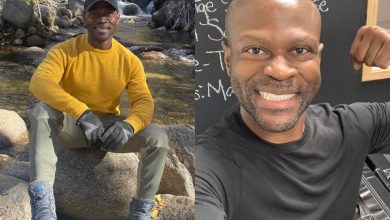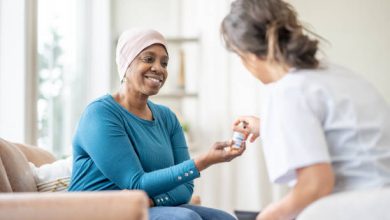Living with Lupus: “It May Look Different, But Life Goes On”
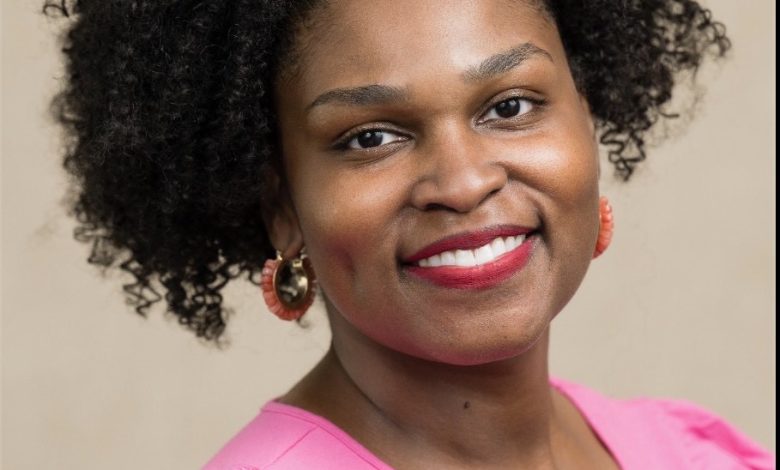
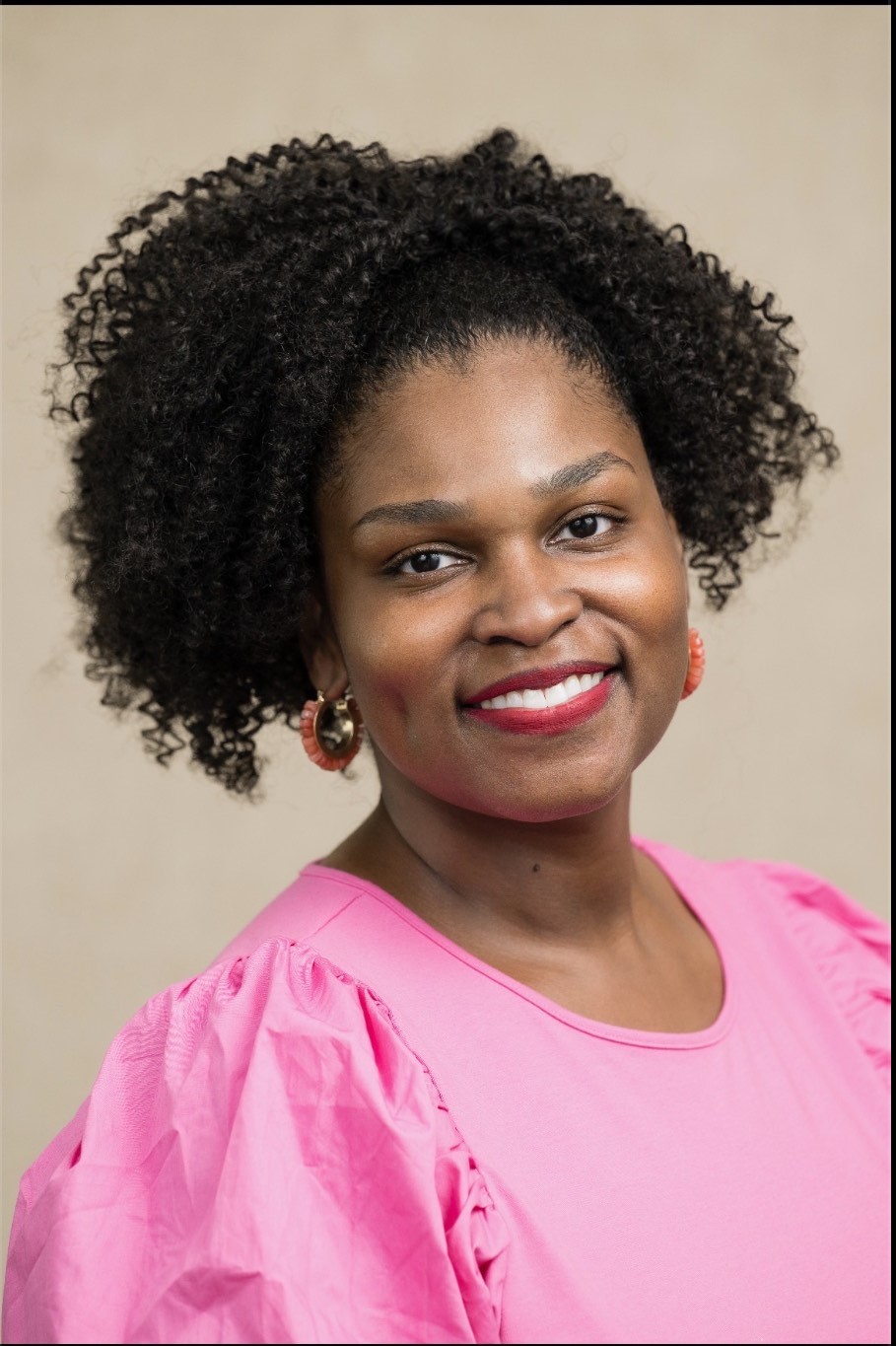
Living with lupus is a journey marked by resilience, and few stories capture this better than that of Stacey Kennedy-Conner. Diagnosed as a teenager, Kennedy-Conner has spent years navigating the unpredictable and often debilitating challenges of lupus. But rather than allowing her diagnosis to limit her, Kennedy-Conner has transformed her experiences into a powerful platform for advocacy and education. Today, she is not only a voice for lupus awareness but also a champion for increased diversity in clinical trials, with a special focus on communities of color who have historically been underrepresented in medical research.
Early Symptoms and Diagnosis
Kennedy-Conner’s journey began when she started experiencing unexplained symptoms at around age 13.
“I was starting to gain a lot of weight. I was heavier and lost a lot, as well. I was getting these rashes, but no one could really tell, at the time, what was going on,” she tells BlackDoctor.org.
Despite these challenges, she managed to keep up with her schooling and day-to-day activities. By age 15, her symptoms had escalated to the point where she could no longer carry out her daily routines.
“I couldn’t do my daily activities. I had rashes all over, and my grandmother and my mother literally carried me into the emergency room, and from there, I stayed about a month and a half and received an official diagnosis of lupus. That was sort of my introduction to lupus,” Kennedy-Conner adds.
Reflecting on her journey, Kennedy-Conner identifies a few triggers that could have heightened her diagnosis.
“I lost my dad to cancer, and I guess I didn’t realize how much of a strong impact it had on me, physically and mentally, because from that moment, I just got worse and worse and worse. And so, my mom and my grandmother really took charge of trying to figure out what was going on as I was losing weight,” she shares.
Kennedy-Conner credits her family for ensuring that she received the medical attention she needed, even in the face of initial uncertainty.
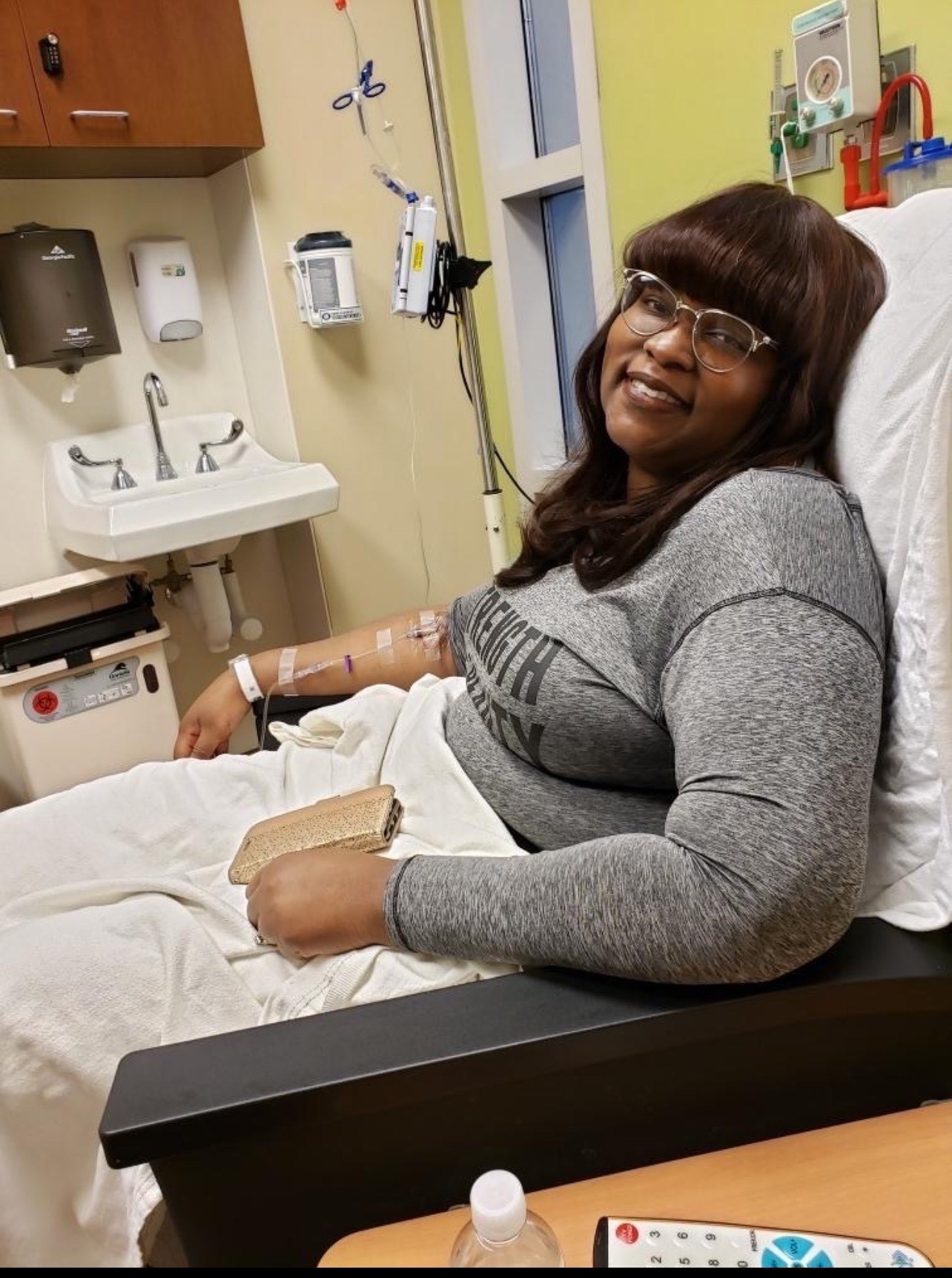
Managing Lupus as an Adult
As an adult, Kennedy-Conner has gained valuable insights into managing her condition.
“Now, looking back on it, I always recommend—and I continue to tell people—not to ignore symptoms. If you’re noticing spots or rashes, go seek out healthcare to see what’s going on. If you’re more fatigued than usual or if you’re exhausted after doing small tasks—or you’re noticing hair changes, like balding or patches, or sores—these are all signs that you should talk to your healthcare provider about,” Kennedy-Conner notes.
Kennedy-Conner also speaks passionately about maintaining a support network, one that can include family, friends, or peers who understand lupus and its impact. She attributes her ability to manage lupus to the support and resources she received from healthcare providers and her willingness to educate herself about her condition.
“When I think about my mom, my dad, and my grandmother, something that always stood out to me—because I didn’t get my diagnosis until 15—was their persistence. They were persistent. They didn’t stop. If you’re not satisfied with what your doctor says and still feel like they’re not listening to your symptoms, continue to seek out help and support so you can get the proper care and attention you need. I think that’s key,” she advises.
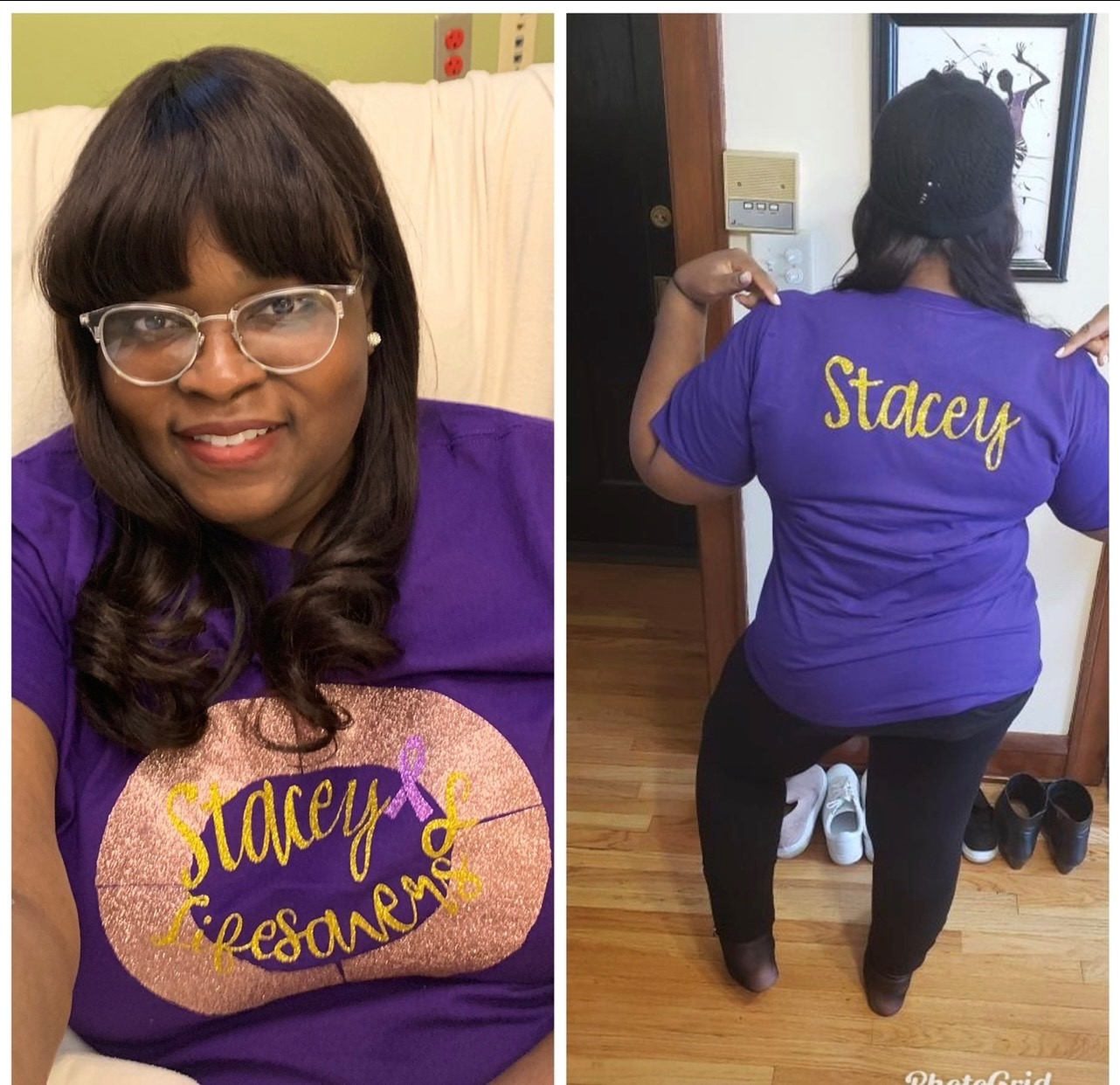
Becoming an Advocate
Inspired by her journey and eager to help others, Kennedy-Conner became involved in lupus advocacy as a young adult.
“After my diagnosis, I really began to seek out support groups and opportunities to not only share my story, but also help others. At the time, I focused on helping teenagers and individuals dealing with lupus, and I started when I was about 18 with the Lupus Society of Illinois, as a peer support person, helping newly diagnosed individuals navigate their journey and learn to advocate for themselves,” Kennedy-Conner says.
Her involvement eventually grew to include work with Lupus Therapeutics’ PALS (Patient Advocates for Lupus Studies) Program, where she is an ambassador educating others about clinical trials and their vital role in lupus research.
“Now I get to do that on a larger scale, really speaking to patients about the importance of clinical trials, why we have them, and how meaningful they are to everyone dealing with lupus. I also focus on advocating for African American representation in clinical trials because we’re underrepresented,” she adds.
RELATED: A Black Doctor Shares Why Lupus Trials Need REAL Representation
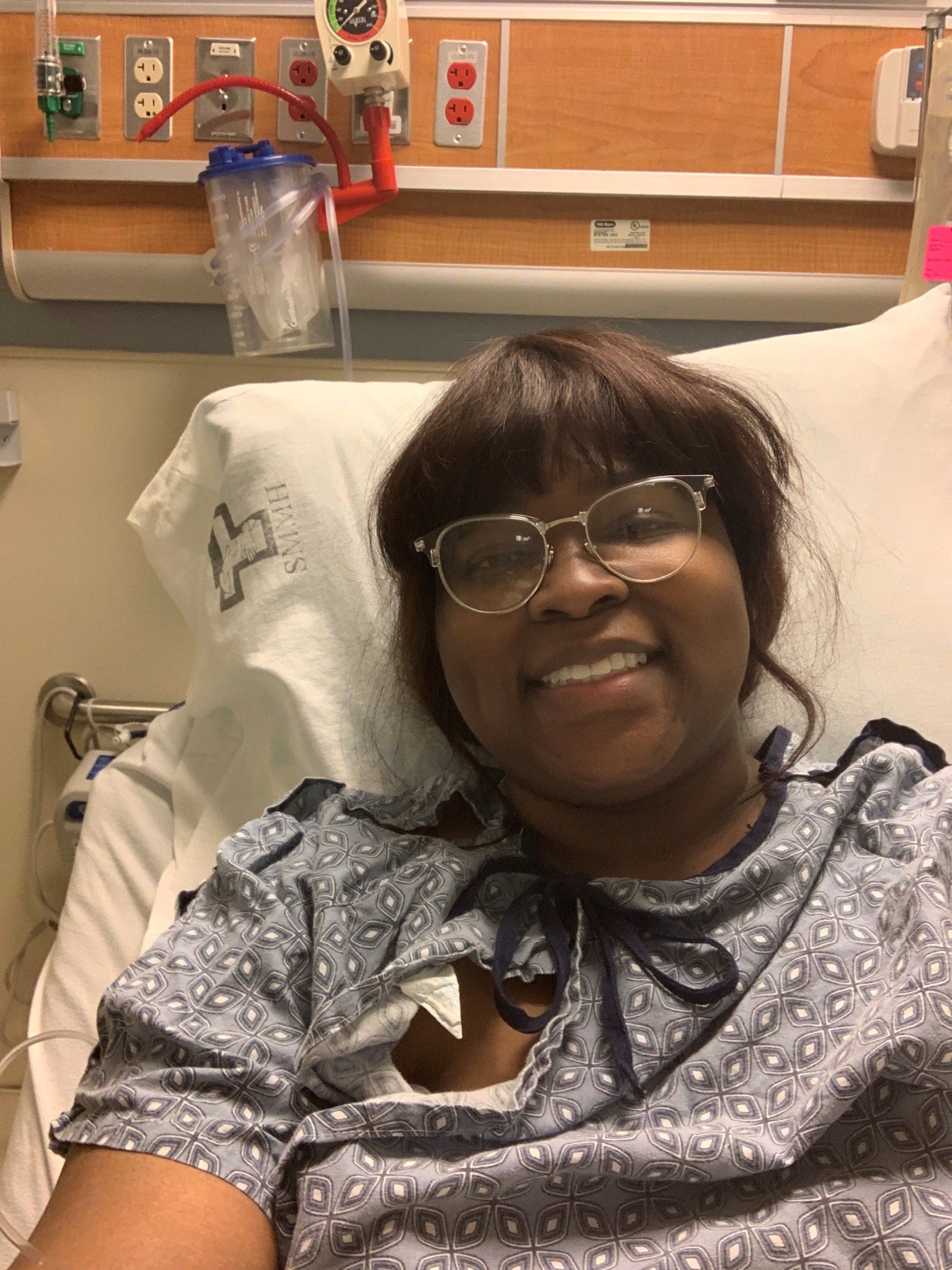
Participating in Clinical Trials
Kennedy-Conner’s own experience in clinical trials and her work with the Lupus Research Alliance has reinforced her commitment to the cause. Initially introduced to clinical research by her rheumatologist, she received guidance that helped her understand the significance of these trials.
“She actually sat me down and educated me on what clinical trials are, what they do, and their purpose, which sparked something in me to want to learn more. Once I felt educated, I spoke with my family about it, which is important. When you’re doing something like participating in a trial, having their support is great,” Kennedy-Conner shares. “From there, I participated in various trials with the mindset that it was to help the greater good of lupus research. Going into each trial, I thought about how my participation could help change things for myself and hopefully future patients, too.”
She sees her involvement as a way to support lupus research, understanding that clinical trials could lead to groundbreaking discoveries.
“There has been so much progress to ensure that trials are safe and ethical for everyone. Participation in clinical trials is for all of us. Even though our symptoms and daily lives look different, what we have in common is a desire for a cure. Clinical trials are a path toward that, and it’s so important for people of color to take that first step and learn about them,” Kennedy-Conner adds.
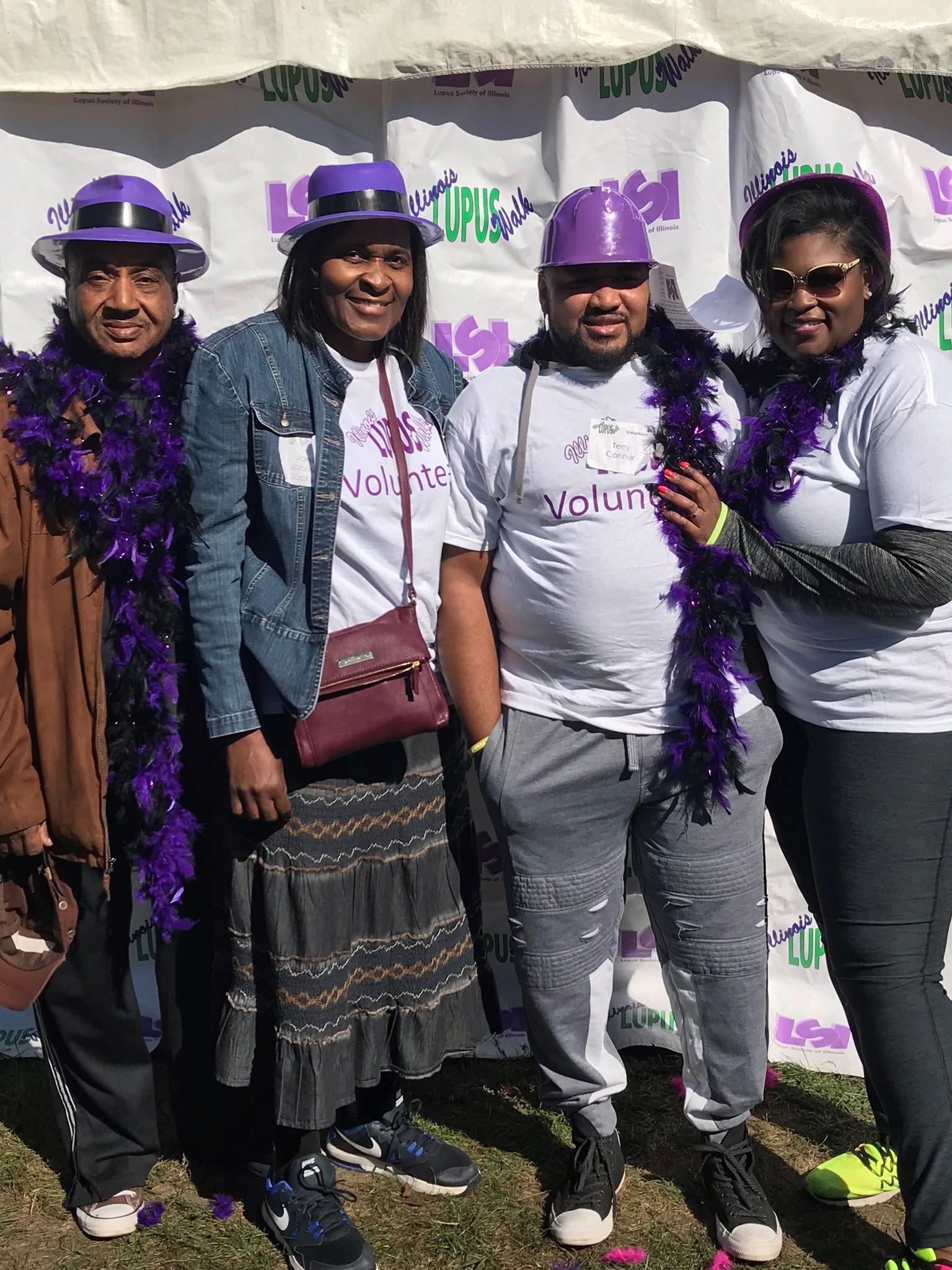
Advice for Young People with Lupus
Addressing newly diagnosed teens, Kennedy-Conner acknowledges the difficulty of facing such a life-changing diagnosis at a young age. Her advice is to remain hopeful and persistent.
“It’s a learning process, managing what you can and can’t do, but I always tell patients that there is still life to live and fulfillment to be found. We just have to figure out our own unique path, and that’s okay,” she advises. “Lean on your family and close friends. It’s important to understand your boundaries and know what you can and can’t do, but you can still enjoy yourself.”
She also encourages young people to connect with lupus support groups to help them navigate their new reality.
“A lupus diagnosis doesn’t mean life is over—it just means a new way of living. With the diagnosis, there has to be intentionality around every aspect of our lives: what we eat, managing stress, and if we’re able, some light exercise like walking. Being mindful of your triggers, knowing what causes stress, and addressing those triggers—whether through meditation, prayer, or other outlets—really helps. Alongside your healthcare provider and medication regimen, it’s important to have a plan to manage your symptoms,” Kennedy-Conner concludes.
